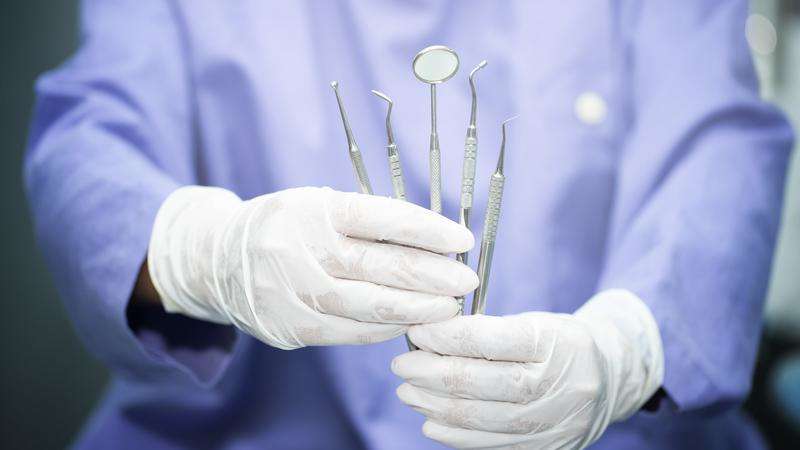Washington, D.C., July 23, 2024 — This week has been marked by significant political upheaval in the United States. A former president faces an assassination attempt, and another withdraws from the presidential race. Amidst these dramatic events, concerns about the future loom large.
One enduring reality for Americans is the immense profitability of health insurance companies and healthcare providers, who often deny care to those without sufficient coverage or financial resources.
Dental care is a prime example of how profit-driven motives have impacted American healthcare. Dental insurance is highly consolidated, and the cost of dental services often exceeds what many people can afford out of pocket. Financial institutions have developed credit programs for dental expenses, similar to those for pet care and insurance. These plans often come with high-interest rates, placing an additional burden on patients who are already struggling financially.
To address this issue, there needs to be a collective push to include comprehensive dental, vision, and mental health care in our insurance coverage, whether through private plans or government programs like Medicare and Medicaid. Recognizing our shared experiences could be a powerful step towards overcoming divisions in society.
My own experience with dental care reflects the struggles faced by many. Despite having dental insurance, I have often gone years without seeing a dentist while paying premiums. As I approach my 70th birthday, I am puzzled by the fact that I have lost so many teeth. I understand the financial pressures that led to choosing tooth extractions over more costly procedures like root canals and crowns. However, I am still left with feelings of confusion and frustration.
Why is it not considered fraudulent to sell dental insurance with benefits that are inadequate compared to the costs? Why should an insured individual like myself lose nearly all of her natural teeth due to financial constraints? Last week, I had six more teeth extracted at a dental school, and seeing them on the tray made me reflect on past sacrifices, such as orthodontics and dental work funded beyond my insurance limits. I wondered why I had invested so much effort into preserving my dental health only to face this situation now.
The broader question is why health insurance companies allow so many people to go without necessary care, only to later cover the costs associated with oral health issues. It is evident that the profit motive drives these decisions. However, it raises a crucial question for all of us—regardless of our political beliefs—about why we accept a system that fails to provide essential care despite having insurance.
We must unite in challenging the entrenched interests of the medical and financial sectors that prioritize profit over people’s well-being. Educating ourselves and others about these systemic issues and demanding better coverage for essential health services is vital. It is unacceptable for children, parents, and the elderly to suffer from preventable dental problems due to inadequate care.
We must hold the dental insurance industry accountable for collecting premiums while offering insufficient benefits.
Personally, I am left with only eight teeth and face a daunting cost of nearly $2,000 for partial dentures after insurance. The prospect of fundraising for dental care is both humiliating and frightening.
By coming together and demanding comprehensive coverage for all aspects of health—dental, vision, and mental—we can challenge the system and work towards a more equitable solution. The affluent benefit from such coverage, while the rest of us are left with less than ideal care. It is time to address this disparity and advocate for a healthcare system that truly serves everyone.

